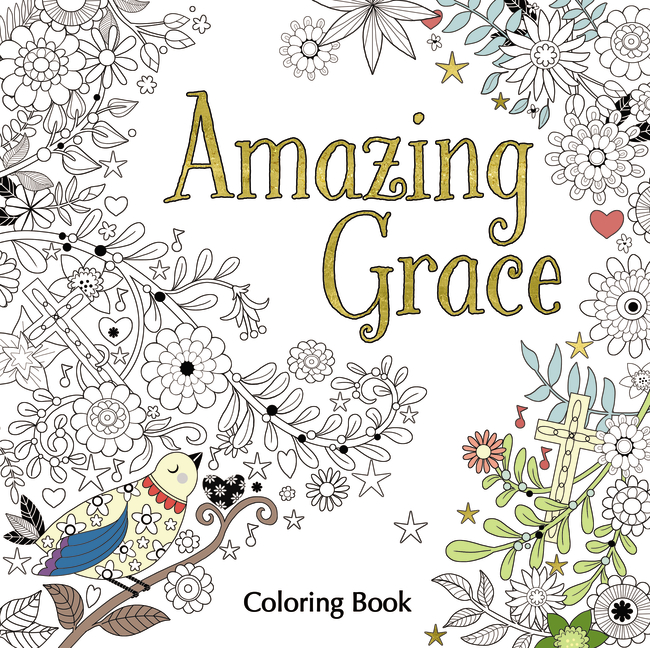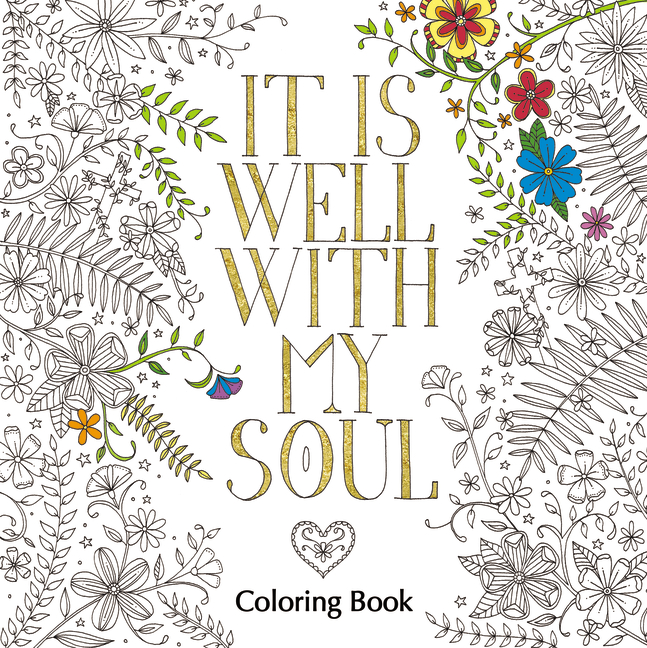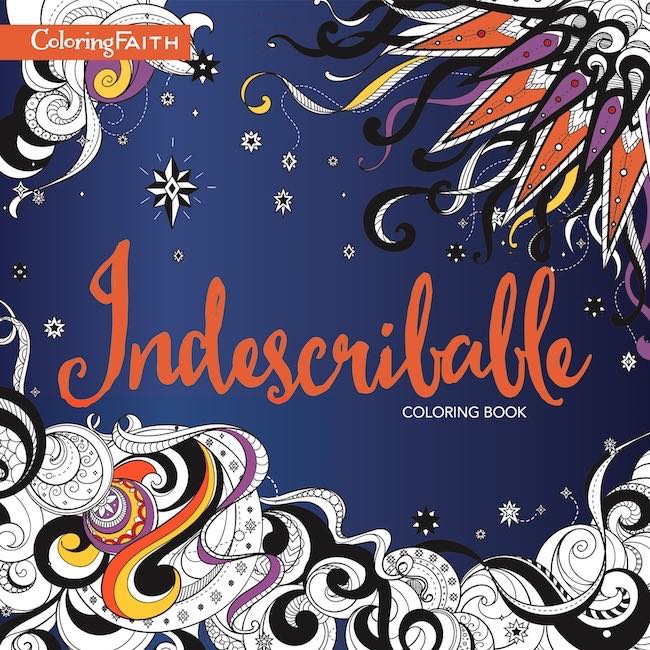By Toni Birdsong
Fear is a detour along any creative journey
But like all detours, you’re eventually supposed to get back on the main path.
Joshua was one of the greatest military commanders in Israel’s history. In battle after battle, Joshua led his men to victory. Anyone looking at Joshua could easily believe that he was born strong, unwavering, and sure of his next move. But after Moses died and God called him to lead Israel, Joshua froze with fear. Every ounce of confidence, every lingering accolade, every trace of triumph flew straight out of him—because when we humans are faced with something new, something unknown, fear is often the first emotion that arises.
And in Joshua 1:9, God told Joshua the same thing He tells us today:
Have I not commanded you? Be strong and courageous! Do not tremble or be dismayed, for the LORD your God is with you wherever you go.
You may not be going into a physical battle like Joshua, but sometimes the creative challenge in front of you can certainly feel that way.
But there’s one thing that’s easy to forget in moments of panic: you’re never taking down your Jericho alone. It’s you and the Lord himself, the creator of heaven and earth—which undeniably puts the odds in your favor.
Managing Creative Fear
I’ve written countless articles and a few books over the past 20 years, and I can testify that the fear of the blank page never goes away. Every project brings its own set of moving targets and its own scary monsters. Running a creative company with my husband for more than 18 years, I’ve witnessed designers, writers, and artists employ just about every form of self-sabotage when facing an especially hairy creative task. It’s never pretty, but it’s often a necessary part of the process.
A little fear in the creative is a good thing. In his definitive work, The War of Art, author Steven Pressfield says this of artistic fear:
“Fear is good. Like self-doubt, fear is an indicator. Fear tells us what we have to do. Remember our rule of thumb: The more scared we are of a work or calling, the more sure we can be that we have to do it. Resistance is experienced as fear; the degree of fear equates to the strength of Resistance. Therefore the more fear we feel about a specific enterprise, the more certain we can be that that enterprise is important to us and to the growth of our soul. That’s why we feel so much Resistance. If it meant nothing to us, there’d be no Resistance.”
A little fear can usher in clarity and inspiration. However, when that same fear begins to spin out and multiply, it can send a project or idea to the mental badlands (which, incidentally, is where the world’s half-finished manuscripts, piles of notes, missed deadlines, and dusty boxes of ideas go to die).
Self-sabotage is any kind of behavior or thought that keeps us away from what we desire most in life. It springs from the conflict that exists between our conscious desires and unconscious wants and can sprout a slew of counter-productive habits.
Five ways you might be self-sabotaging your creative efforts
(And some new thinking to help you get you back on track.)
1. Perfectionism as a Creative Block
Artists paint. Writers write. Musicians compose. And not one of them does it perfectly. Perfectionism is the stereotypical mark of great innovators, but if that perfectionism ends up crippling your work before it gets off the ground, it’s sabotage. The story goes that when Mark Zuckerberg was creating his Facebook empire, he realized that perfectionism was going to kill the evolution of his product. He could feel the tug-of-war to make everything exactly right and how that drag was impacting workflow.
One day he picked up a can of spray paint and hastily wrote on the wall, “Perfect is the enemy of good.” That motto stayed there as a reminder that moving forward without knowing every exact detail was the new modus operandi of the creative process.
Conquering Perfectionism
There is a difference between excellence and perfectionism. Excellence is a distinction of merit and a standard to aspire to, but perfectionism is an excessive distortion of that standard.
If you find yourself at a creative plateau, ask yourself if perfectionism is working for you or against you. If you must, like Zuckerberg, make yourself a giant reminder to help you stay on track.
2. Fear of Failure as a Creative Diversion
Having big expectations and a deadline looming over you can be a great motivator—until it’s not. Even if you’ve had great success in the past, it’s easy to feel like a fraud, a rookie, or that somehow that your idea will be mocked or dismissed by others. Those mean little voices will come and go indefinitely; it’s your job to discipline your mind to respond with the truth. What you feel about failure is emotion, not fact. Know the difference.
Look to 2 Timothy 1:7, which says:
For God gave us a spirit not of fear but of power and love and self-control.
Conquering the Fear of Failure
Evangelist George Muller once said, “If the Lord fails me at this time, it will be the first time.” Think about that. Failure isn’t your typical outcome, is it? You’ve done tough stuff before and, with God’s help, you’ll do it again.
Ask God to bring the root of your fear to light. Ask yourself, Am I afraid of failure or something else? Once you know what you fear, replace that fear with Proverbs 3:5:
Trust the Lord with all your heart, and don’t depend on your own understanding. Remember the Lord in all you do, and he will give you success.
3. Procrastination as a Creative Preempt
Everyone is nodding now, right? Sometimes when an idea or project appears difficult, we stall, make excuses, and do everything except begin the process. For creative types, procrastination seems epidemic. However, the creative that can get a handle on this contrary habit will be the one who is employed. Productivity expert Denis Waitley contends:
“Procrastination is the fear of success. People procrastinate because they are afraid of the success that they know will result if they move ahead now. Because success is heavy, carries a responsibility with it, it is much easier to procrastinate and live on the ‘someday I’ll’ philosophy.”
Conquering Procrastination
 Make it your goal to keep moving forward no matter what. If you can only write a paragraph or put 30 minutes into problem solving, then do that—but keep moving forward. Remember, you can lose 10 pounds of dread the moment you do the one thing you’ve put off.
Make it your goal to keep moving forward no matter what. If you can only write a paragraph or put 30 minutes into problem solving, then do that—but keep moving forward. Remember, you can lose 10 pounds of dread the moment you do the one thing you’ve put off.
4. Isolation as a Creative Black Hole
Many creative people contend that isolation is necessary to creativity, but anyone who has been in the business of creativity understands that collaboration, not isolation, is where lots of good stuff can happen. Flying solo has its benefits, but when it repeatedly leads you to dead ends or exhaustion, it’s time to pour some sunlight over your process. Team up and talk it out. Ease your grip. Hold your idea and perspective loosely, and you might be surprised at the solutions that emerge.
Conquering Isolation
Asking for input and different points of view is a sign of maturity in a creative, and the results can radically influence—even save—your work. Learn to ask for help or feedback. If you have a tough time sharing your work with others, just make outside conversation a goal. Simply having more human connection during a creative season can inform your work. Build on ideas from others, and soon you will begin to see collaboration and human connection as strategic to your process.
5. Comparison as a Creativity Killer
Nothing will kill your momentum faster than comparing yourself to others. It’s even harder in today’s social media world, where there’s a stream of wow! flying at you 24/7. Saying to yourself, “I’ll never write like him,” or “I can never capture her artistic nuances,” is common self-sabotaging behavior that, sadly, keeps many worthy works from ever seeing the light of day. This is a passive-aggressive victim mentality, or as my grandpa used to say, just stinkin’ thinkin’. If this is your internal dialogue loop, check yourself before you wreck yourself because you’ve tangled yourself up in a lie.
Here’s the truth: If God has planted an idea inside of you, not only does He equip you to carry it out in a uniquely inspired way, He expects you to buckle down and get it done. Galatians 6:4 reminds us:
Each one should test their own actions. Then they can take pride in themselves alone, without comparing themselves to someone else.
Conquering Comparison
Simplify your thinking. Concentrate on doing the one thing God has placed before you today. For better or worse, just begin. Put pen to paper, paint to canvas, or feet in motion. God is in the business of doing new things through anyone who is willing and ready. Be encouraged by Isaiah 43:19 from The Message:
Be alert, be present. I’m about to do something brand-new. It’s bursting out! Don’t you see it? There it is! I’m making a road through the desert, rivers in the badlands.
What creative challenge is in front of you? What is keeping you from getting started?
Toni Birdsong is an author, a blogger, and owner of Birdsong Creative, a branding and web agency outside of Nashville, Tennessee. She’s been riding the creative white waters professionally for more than 25 years, including The Walt Disney Company, where she was an Imagineer.










